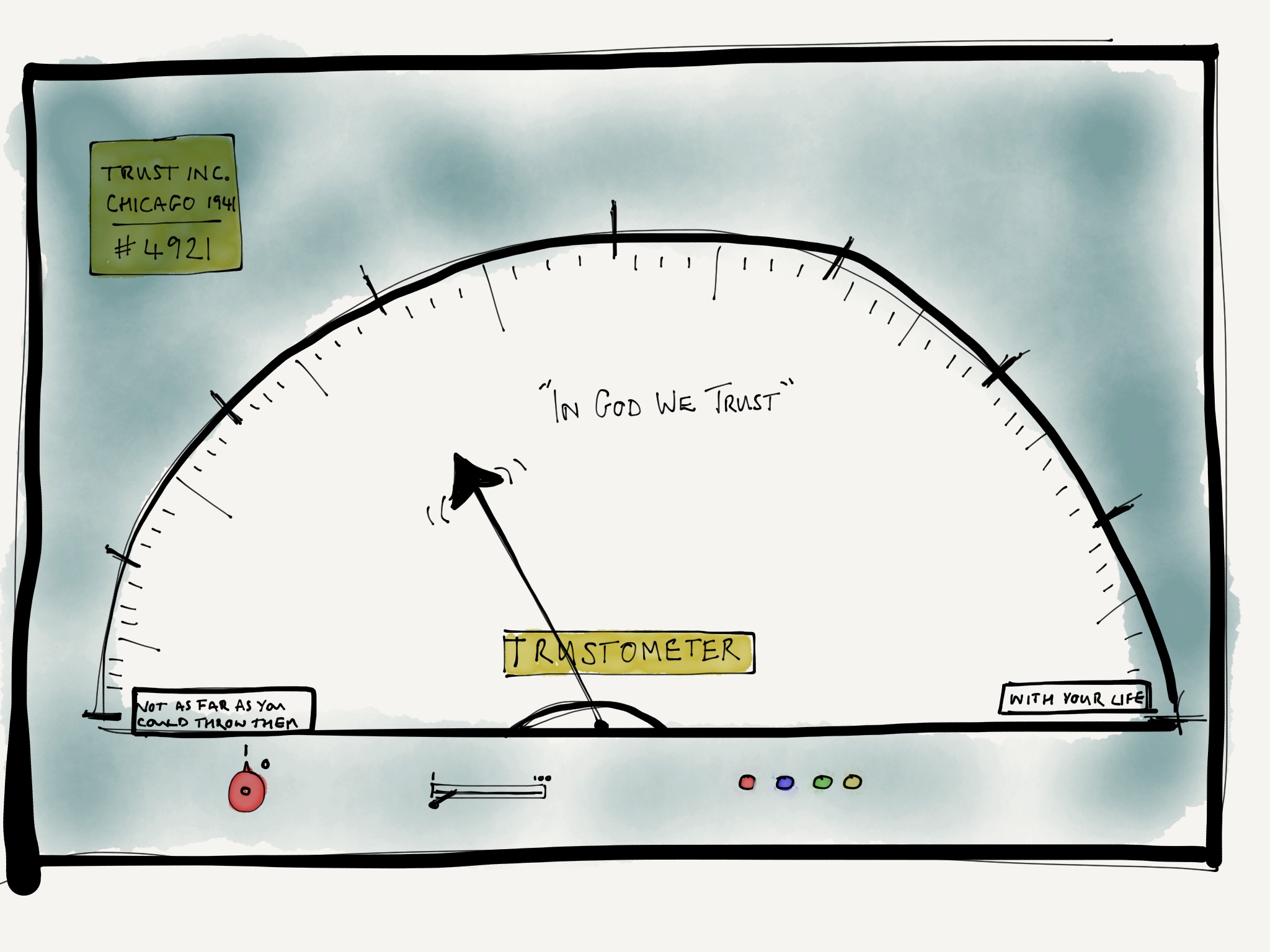
Over the last few days I have been working with lots of new people that I have met (virtually) through #ccourses.
As a result of these connections we have formulated (through many tweet chats) ideas to take forward as an enhancement to the already fabulous Connected Courses. One of those ideas which is up and running (thanks to @dogtrax) is the #dailyconnect activity. Read about it here: http://dailyconnector.wordpress.com/
My blog post here is not specifically about that, but more about my reflection on the activity, in terms of trust and network fluency (the topic of Unit 2). Reflecting on the process I began to think about what it was that made me trust these people, who I have never met and in some cases never interacted with before this week.
During the process I did not at any point have any thoughts of mis-trust, so is that an assumption that I trusted them? Am I pre-conditioned to trust others until proven otherwise or am I naturally born to trust others? What has made me a “trusting” person? I began to read around the idea of trust, I mainly came across physcological research around trust which includes books such as “Trust and Distrust: Sociocultural Perspectives.”
But I wanted to connect trust beyond the social, my skim reading of texts such as the one identified above didn’t help me to establish any sense of the relationship between societal trust and that which exists in my online context. (which for me I think are different).
As I pondered my own “trust” position I came across an article which intrigued me. It examined trust in relation to e-commerce with particular reference to whether we have “inbuilt” cultural trust or whether trust is imparted to us by others or experiences. The literature review explored a number of models but there was one which I immediately recognised from my own experience.
“The three characteristics included in the model, representing the perceived trustworthiness of the trustee, are benevolence, integrity, and ability.”
All three of those characteristics had been clearly evidenced through the development of the #dailyconnect twitter chats and subsequent development. More than that though they had been demonstrated through the broader conversations in Connected Courses.
- Benevolence – evident through the goodwill of others to share and co-operate.
- Integrity – evidenced through meaningful and purposeful conversations (but also by checking out online profiles)!
- Ability – Evidenced through actions, either previous or current.
It is upon this basis that I can only assume I built “trust” in those people, but the paper also goes on to examine more widely the cultural aspects of trust.
“Based on Hofstede’s framework, Strong and Weber [92] examine the theory that trust is culturally determined. They conclude that differences in trust exist globally between cultures. Griffith et al. [36] designate the United States and Canada as Type I cultures with “individualistic–small power distance–weak uncertainty avoidance” characteristics to contrast with Type II culture countries (Chile and Mexico) with “collectivistic–large power distance–strong uncertainty avoidance” characteristics. Although no significant difference in the strength of the trust commitment relationship is found between Type I and Type II cultures, the study discovers that Type I cultures have a higher possibility of forming a trusting relationship with other Type I cultures, rather than with Type II cultures.”
In reflecting on my own experiences I was intrigued to understand the impact that my own cultural references perhaps have on my ability to “trust”. I wondered whether my cultural influences were more likely to affect my trust in the “physical” world as opposed to the “virtual” world?
Within #connectedcourses I suppose we are establishing our own cultural trust, where we create a new trust type – a network of like minded trusters and trustees who are perhaps less affected by influences of our regional/national societal cultural trust?
Is it a cultural influence that perhaps leads me to be more trusting of people online who I have never met than it is to trust a sales person coming to my door? I have a distinct lack of trust in the latter – how much of that is cultural as opposed to being about “benevolence, integrity, and ability”?
The connected courses experience states that:
“Our goal is to build an inclusive and expansive network of teachers, students, and educational offerings that makes high quality, meaningful, and socially connected learning available to everyone”
I would suggest that should read “……….network of trusted teachers, students and educational offerings…………..” as perhaps it is the trust where the “value” really lies.




No responses yet